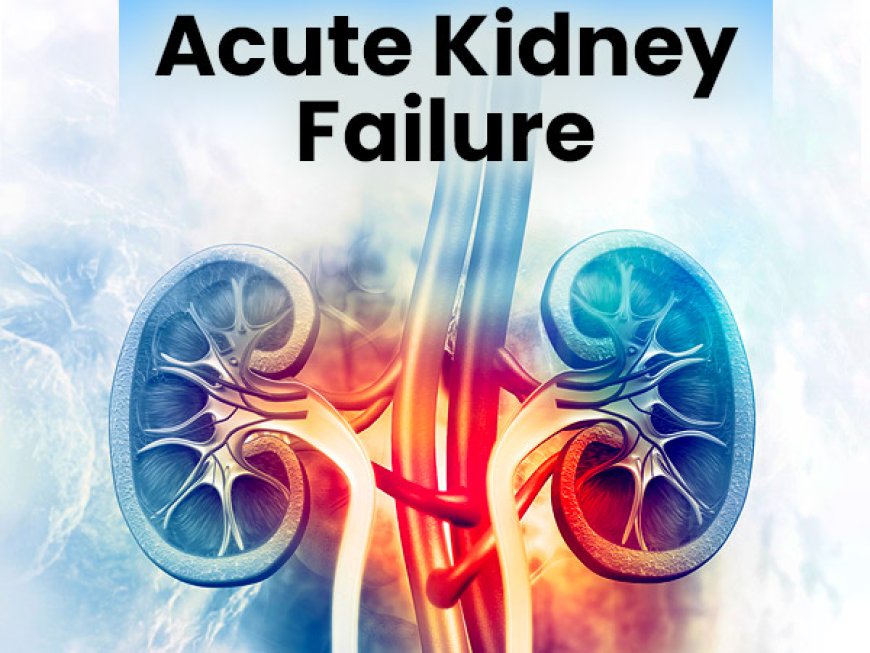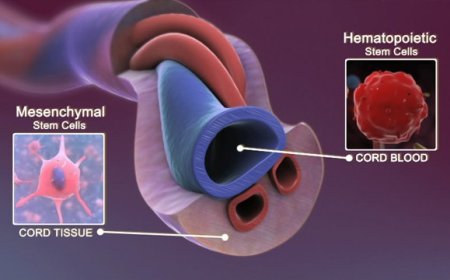Kidney Failure, Acute

Introduction:
Kidney failure, acute, is a serious condition that affects the kidneys' ability to filter waste and excess fluids from the blood. It is crucial for children in India and everywhere to understand the signs, symptoms, causes, types, diagnostic tests, treatments, and prevention techniques related to acute kidney failure.
Signs and Symptoms:
When someone experiences acute kidney failure, they may notice symptoms such as:
- Decreased urine output: Having less urine or not urinating at all.
- Swelling: Swelling in the legs, ankles, or face due to fluid retention.
- Fatigue: Feeling extremely tired and weak.
- Nausea and vomiting: Feeling sick to the stomach and throwing up.
- Shortness of breath: Having difficulty breathing.
What Is Kidney Failure, Acute?
Acute kidney failure occurs suddenly, usually within a few days, and can be caused by various factors. It hampers the kidney's ability to filter waste from the blood, leading to a buildup of toxins and harmful substances.
How Is Kidney Failure, Acute Classified?
Acute kidney failure can be classified based on the part of the kidney affected and the cause. There are three main types:
- Prerenal: This type occurs when the kidneys don't receive enough blood flow due to dehydration, low blood pressure, or heart problems.
- Intrinsic (Intrarenal): Here, the damage happens within the kidneys themselves, often due to severe infections, medications, or autoimmune diseases.
- Postrenal: Postrenal kidney failure occurs when there is an obstruction that prevents urine from leaving the kidneys, often due to kidney stones or enlarged prostate in older individuals.
Causes and Triggers:
Several factors can cause or trigger acute kidney failure, such as:
- Dehydration: Not drinking enough water can lead to reduced blood flow to the kidneys.
- Infections: Severe infections like sepsis can damage the kidneys.
- Medications: Certain medicines, especially painkillers, can harm the kidneys if misused.
- Trauma: Kidney injuries from accidents or physical trauma.
- Autoimmune diseases: Conditions like lupus or vasculitis can affect kidney function.
- Urinary tract obstructions: Blockages in the urinary tract can hinder urine flow.
Risk Factors with Examples:
Certain factors can increase the risk of acute kidney failure. For example:
- Age: Older adults are more susceptible to kidney issues.
- Existing health conditions: Those with diabetes or high blood pressure have a higher risk.
- Medication misuse: Taking excessive painkillers can be harmful to the kidneys.
- Dehydration: Not drinking enough water during hot weather can trigger kidney problems.
Types of Kidney Failure, Acute, with Detailing for Each Type: As mentioned earlier, acute kidney failure is classified into three types, let's explore each in detail:
-
Prerenal: This type is often caused by factors outside the kidneys, such as dehydration or heart problems. By addressing the underlying cause and improving blood flow to the kidneys, prerenal kidney failure can often be reversed.
-
Intrinsic (Intrarenal): Intrinsic kidney failure results from damage to the kidney tissues themselves. This can happen due to infections, medications, or autoimmune diseases. Treatment aims to address the underlying cause and manage complications while allowing the kidneys time to heal.
-
Postrenal: Postrenal kidney failure occurs due to an obstruction that prevents urine from leaving the kidneys. Treating the blockage, either through surgery or other methods, can often resolve the issue.
Diagnostic Tests and Treatments:
To diagnose acute kidney failure, doctors may use various tests:
- Blood tests: These assess kidney function by measuring creatinine and blood urea nitrogen levels.
- Urine tests: They help detect abnormalities and check for the presence of blood or protein in the urine.
- Imaging tests: Ultrasound or CT scans may be used to visualize the kidneys and identify any blockages or abnormalities.
Treatment options depend on the type and severity of kidney failure:
- Fluid and electrolyte balance: Patients may receive intravenous fluids and electrolytes to maintain proper balance.
- Medications: Medicines may be prescribed to treat the underlying cause or manage complications.
- Dialysis: In severe cases, where the kidneys can't function properly, dialysis may be necessary to filter the blood externally.
- Surgery: Surgical intervention may be required to remove obstructions in the urinary tract.
Complications of Kidney Failure, Acute:
If not managed properly, acute kidney failure can lead to severe complications like electrolyte imbalances, fluid overload, and even life-threatening conditions like uremia. However, with timely and appropriate treatment, many cases of acute kidney failure can be reversed.
Prevention Techniques:
To prevent acute kidney failure, children can follow these simple steps:
- Stay hydrated: Drink plenty of water every day.
- Use medications responsibly: Only take medicines prescribed by a doctor and follow the recommended dosage.
- Eat a healthy diet: Consume a balanced diet rich in fruits and vegetables.
- Protect against infections: Practice good hygiene and get vaccinated as per the doctor's advice.
- Monitor existing health conditions: Regularly check blood pressure and blood sugar levels if diagnosed with diabetes or hypertension.
Acute kidney failure is a serious condition that requires prompt attention and care. By understanding the signs, causes, types, diagnostic tests, treatments, and prevention techniques, children in India can take steps to protect their kidneys and lead a healthy life. Remember, a healthy lifestyle and responsible health practices go a long way in safeguarding our precious kidneys!
What's Your Reaction?
 Like
0
Like
0
 Dislike
0
Dislike
0
 Love
0
Love
0
 Funny
0
Funny
0
 Angry
0
Angry
0
 Sad
0
Sad
0
 Wow
0
Wow
0









































































